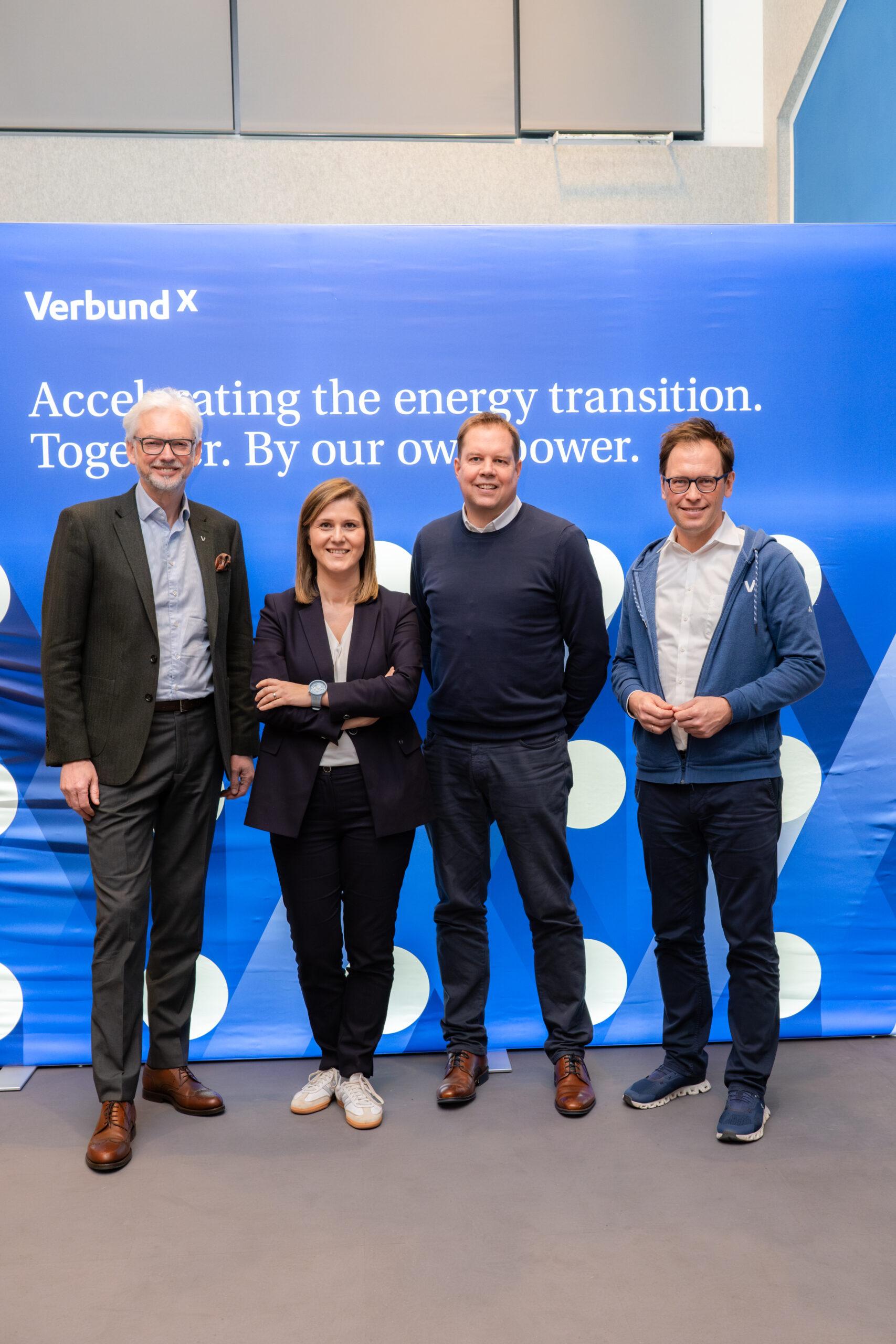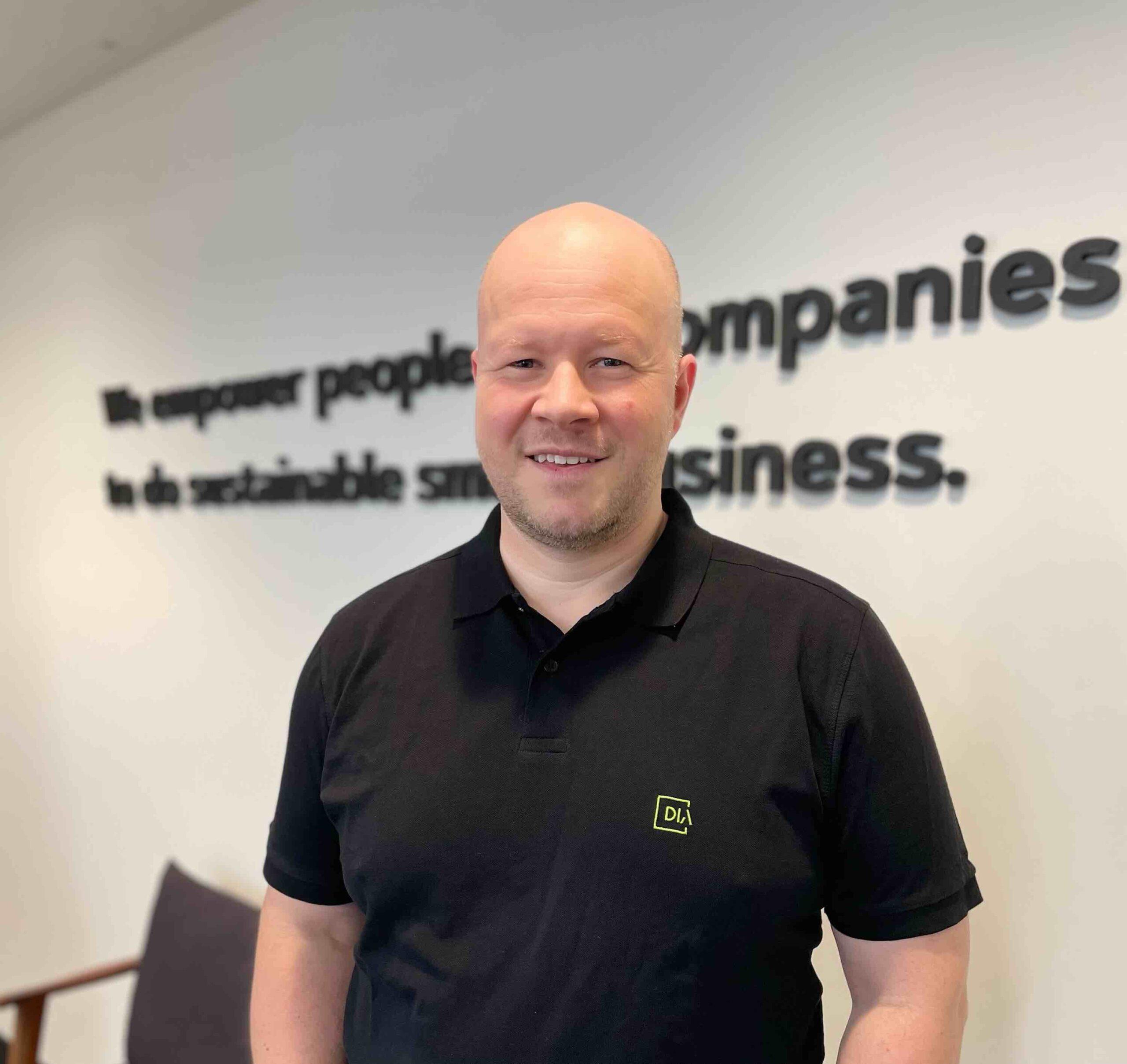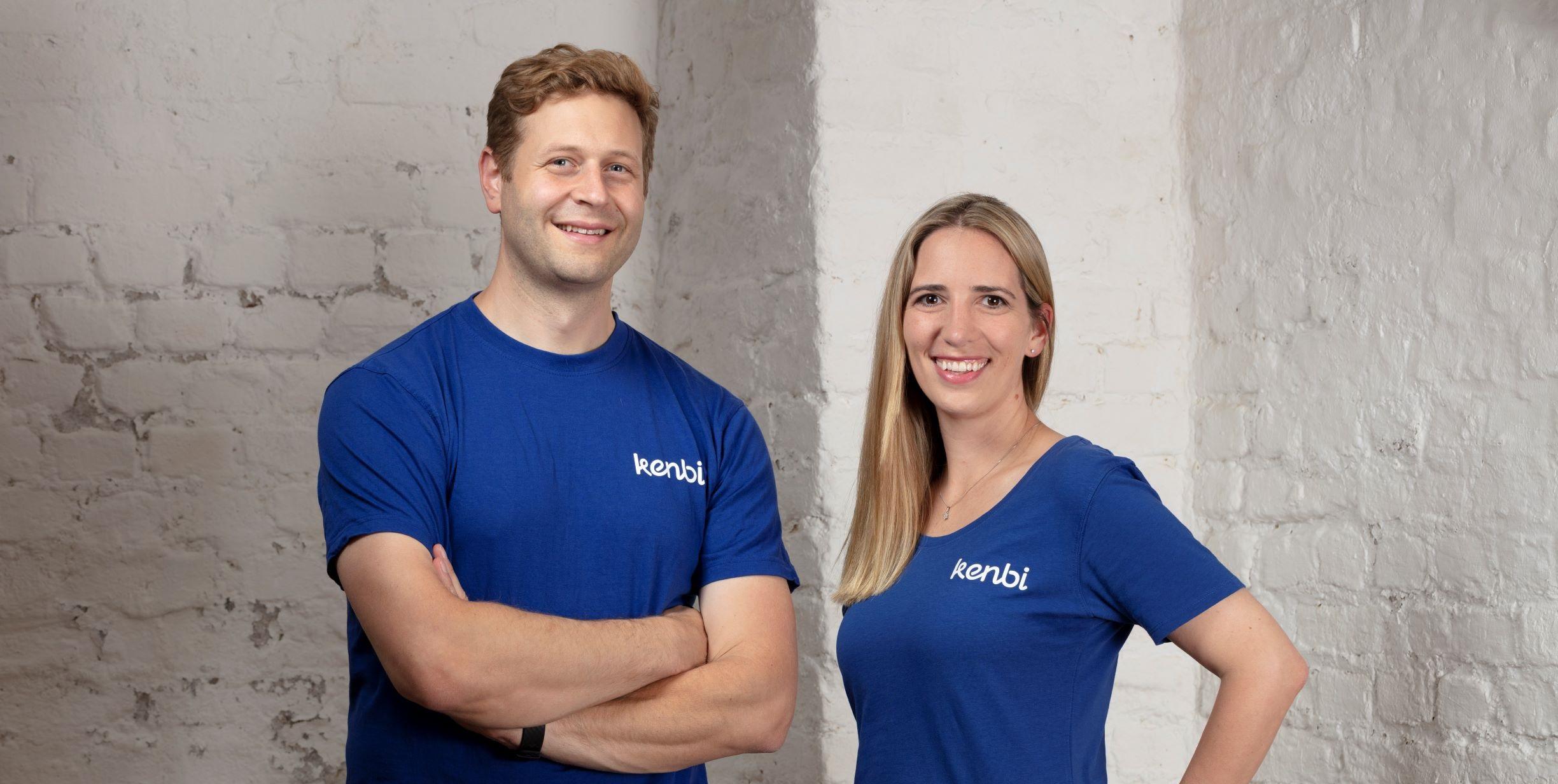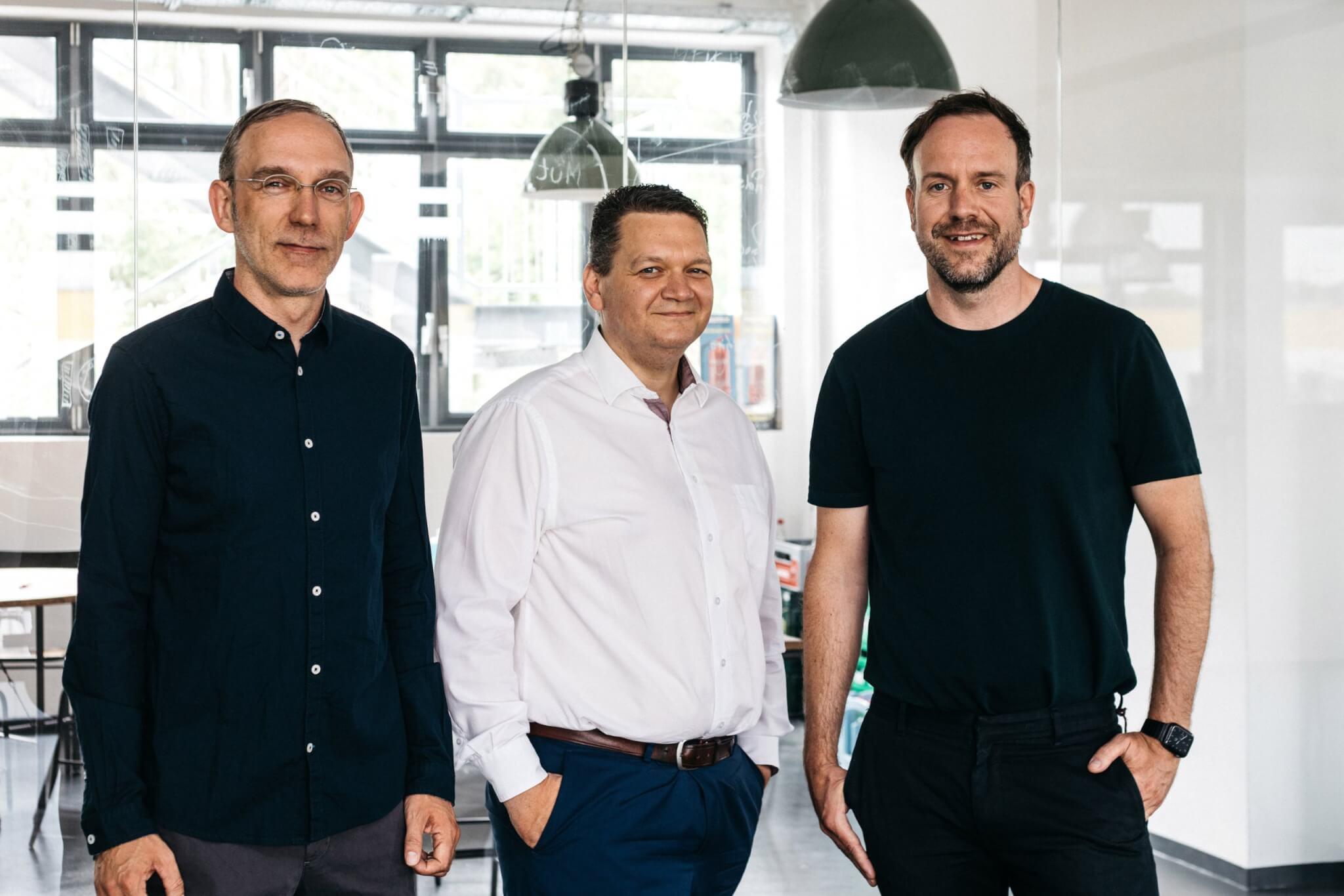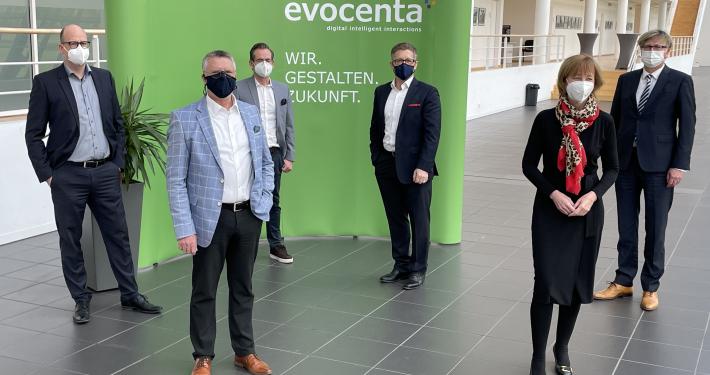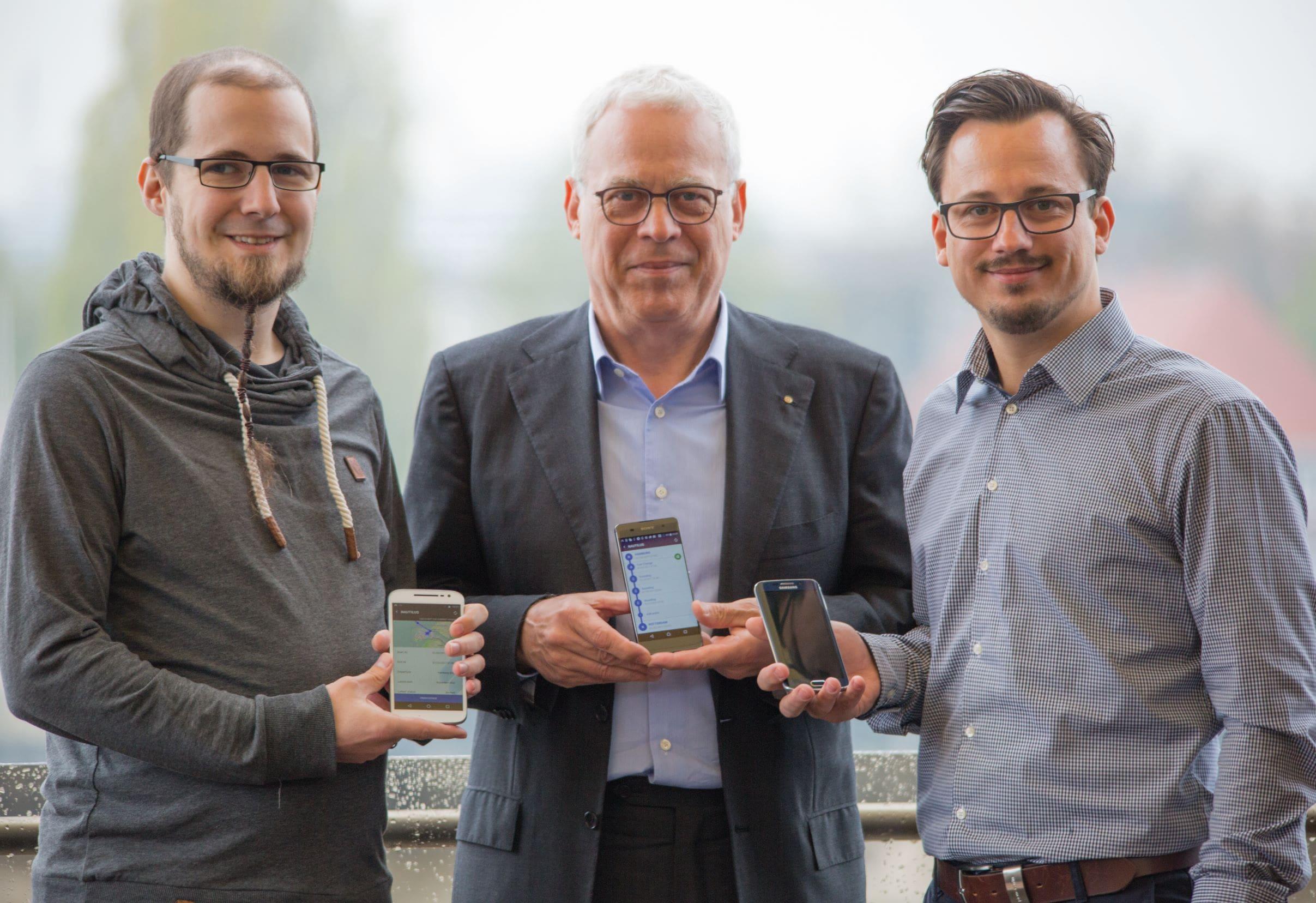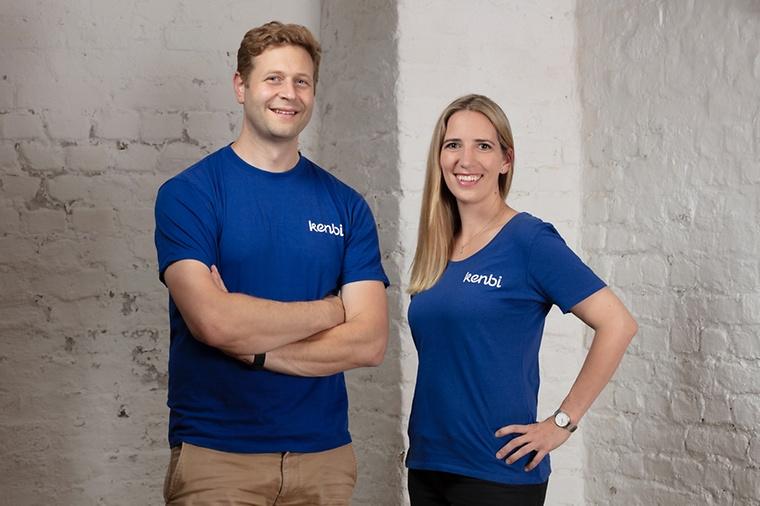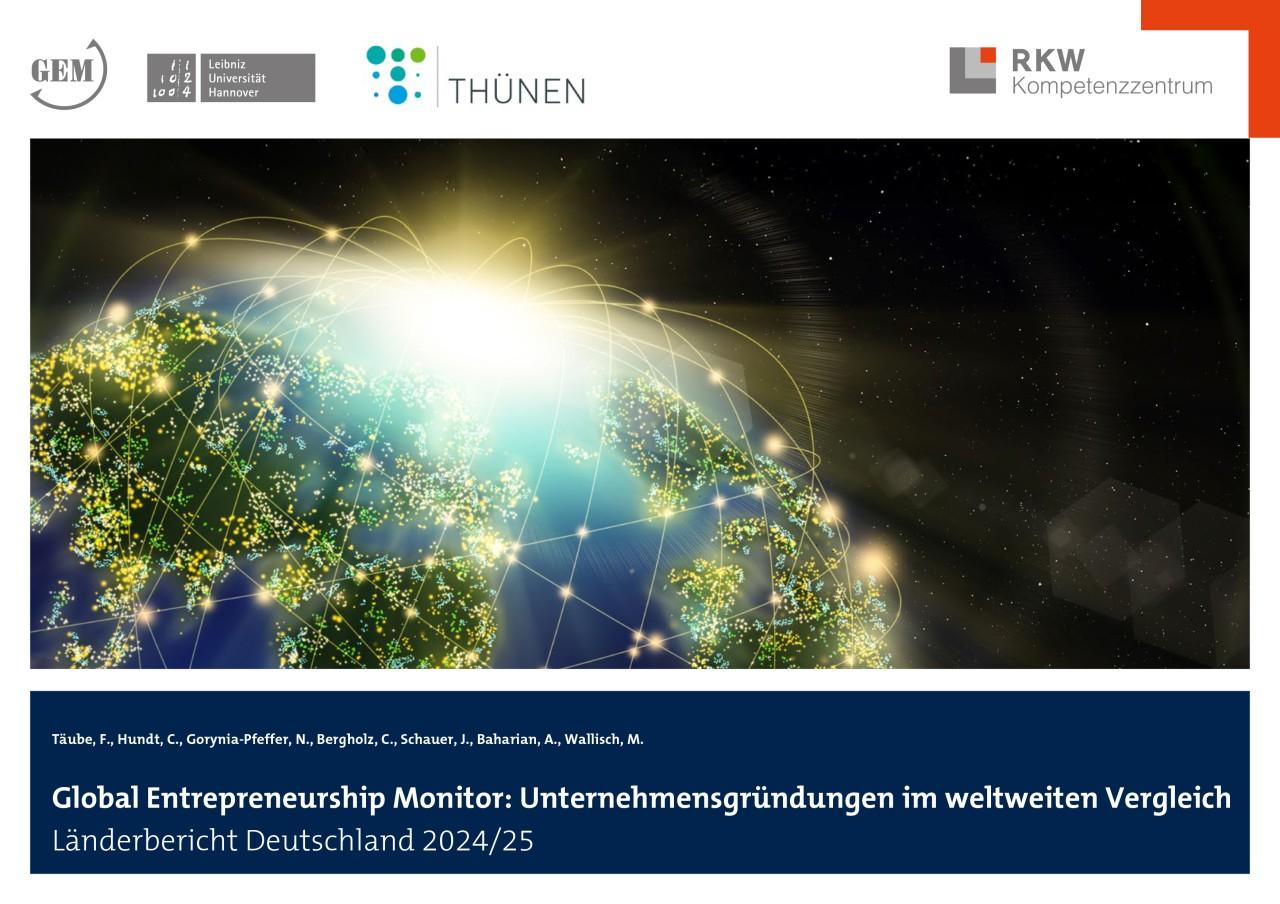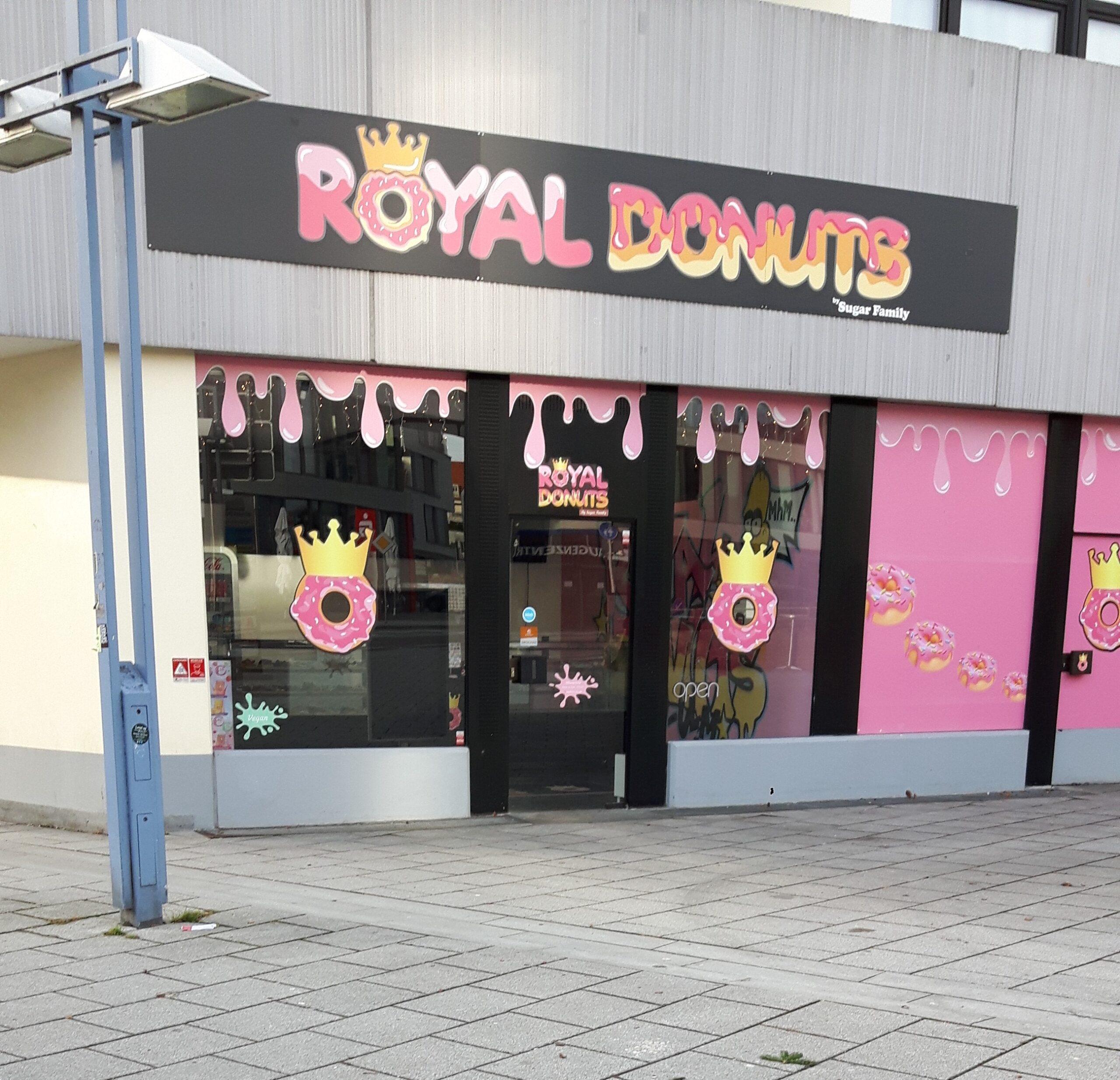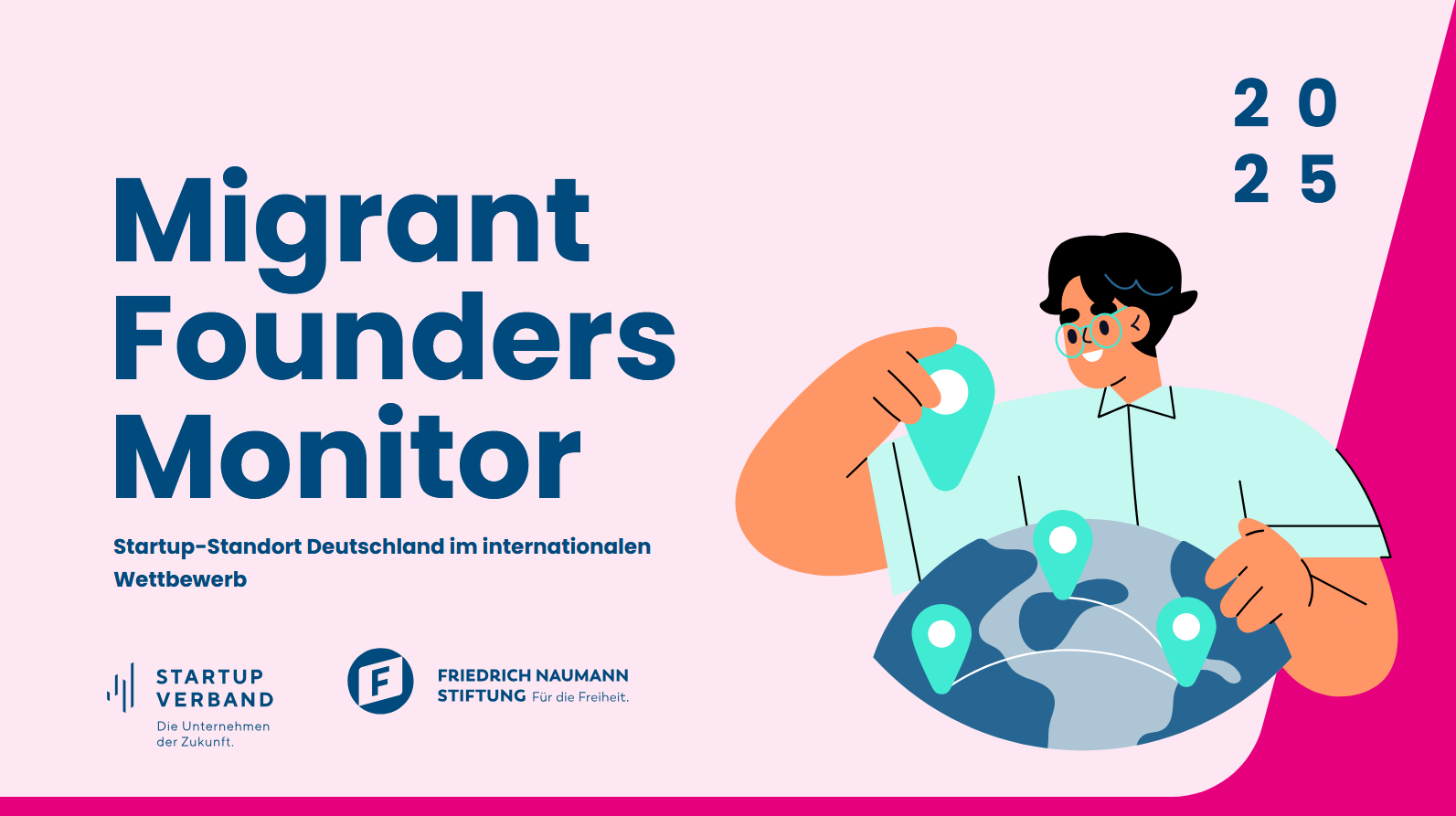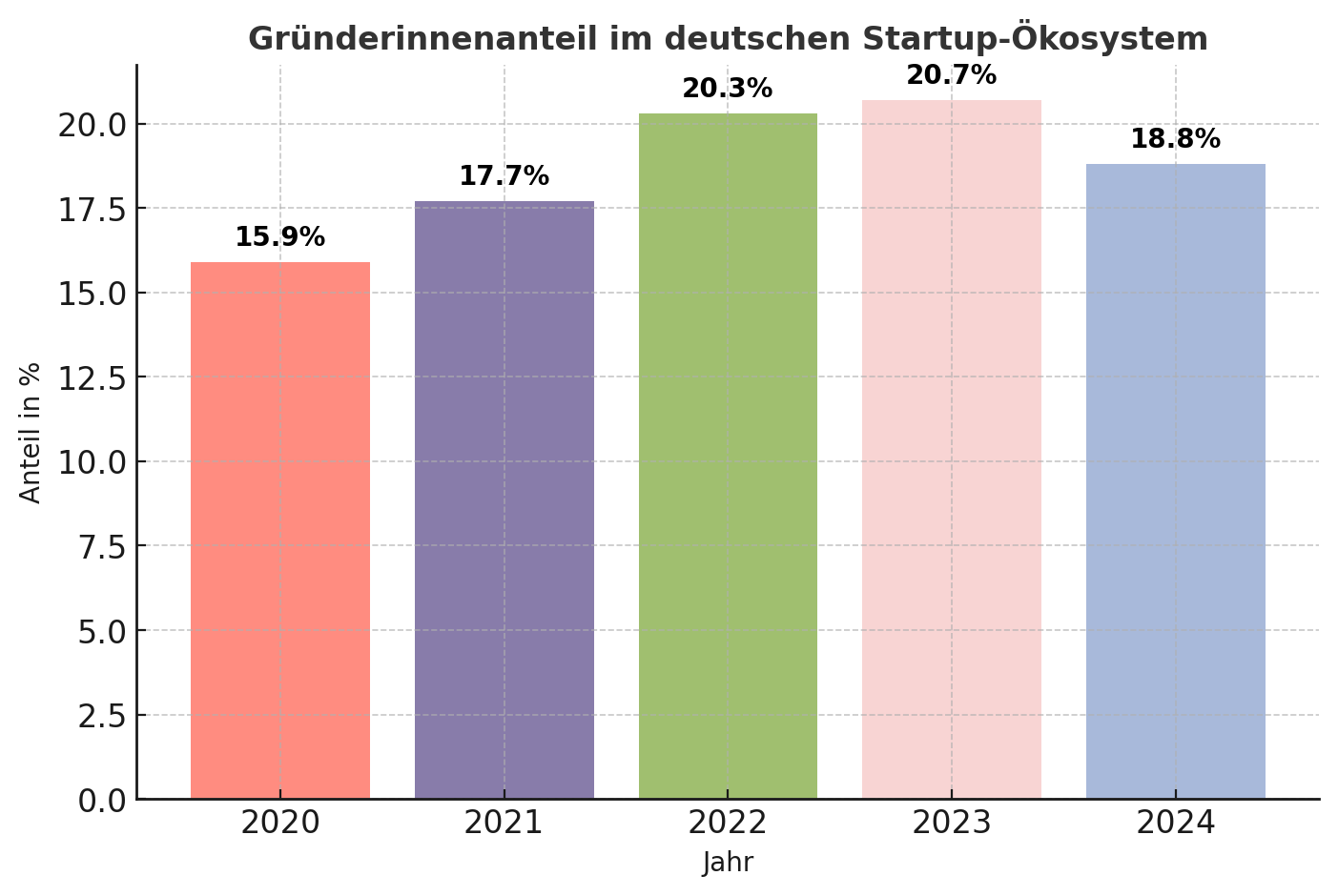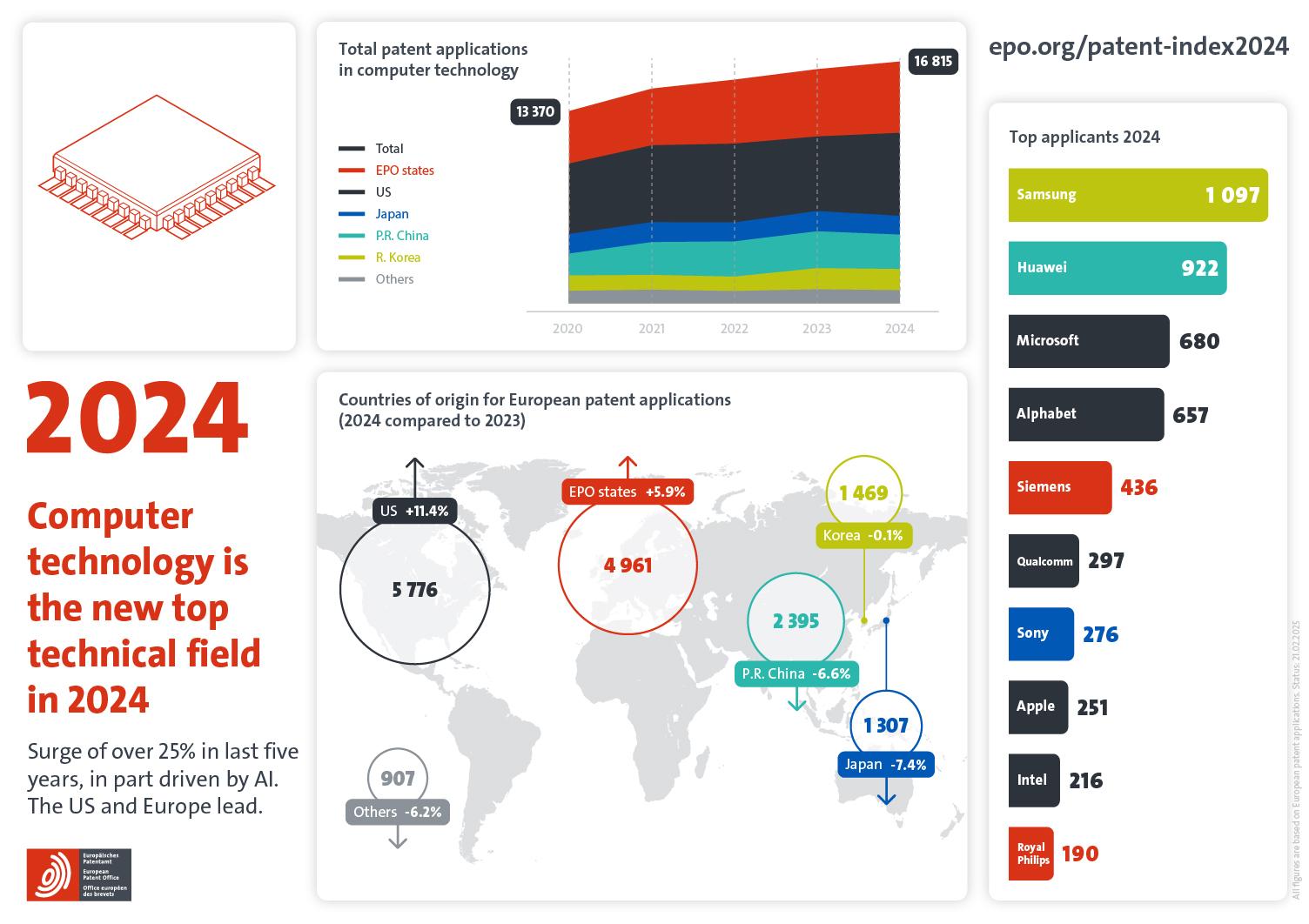Can start-ups revolutionize care?
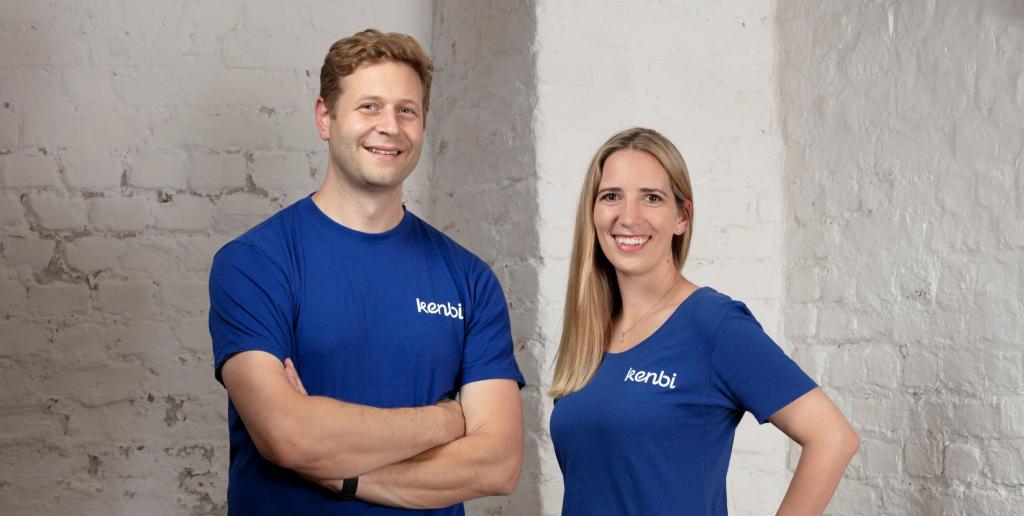
Two start-ups want to digitize the care market. This could save a lot of time - now all that remains is for care services and health and care insurance companies to play along.
Pen, paper, forms. This is still the daily routine of many nursing staff today. Almost 40 percent of their working time is not spent on caring for people in need of care, but on documenting it. This is important in order to record the course of treatment, write down prescribed medication and then be able to bill for it later. But at best it should be done quickly.
Michael Aleithe and Philipp Skowron are among those who want to put an end to the mountains of files. Two years ago, they founded the Leipzig-based start-up Sciendis and developed the Wundera care app. This is intended to relieve the burden on nursing staff when documenting chronic wounds. Such wounds occur, for example, when patients lie in bed a lot or have diabetes. This saves customers 70 percent of their time, says founder Michael Aleithe. "The nursing staff can also use the app by voice command and take photos of the wounds."
The fact that Aleithe and Skowron have declared war on nursing bureaucracy has to do with their studies. They both completed their doctorates at the University of Leipzig in 2016: AI and security in digital health applications. They wanted their doctoral theses not to simply disappear into a drawer, but to improve the lives of people in need of care in the long term. The founders sensed potential worth billions. With the app, they are focusing on outpatient care services in rural areas in Germany, Austria and Switzerland and want to equip as many care services as possible.
Comprehensive approaches are still lacking
This is because digitization beyond one's own care business has hardly been possible so far. "The care sector can be easily digitized," explains Peter Tackenberg. He is Deputy Managing Director of the German Professional Association for Nursing Professions and a member of the Advisory Board for Digitalization at the German Nursing Council. Tackenberg can name many companies that successfully switched to digital 20 years ago, for example for staff routing or duty planning, but these are all isolated solutions. Comprehensive approaches to data exchange were particularly lacking. "We have a lot of bureaucracy, especially in outpatient long-term care." Digital documentation would also be ideal for handovers from one caregiver to the next.
So far, however, many care services have shied away from a costly changeover. Although the potential savings are high, switching to apps and tablets costs too much time and money for many, says Tackenberg: "It changes all kinds of workflows and processes." The data also needs to be well secured and managed. Patients first have to trust a digital solution and convincing them takes time - if it works at all.
A digital care service saves a lot of time
Kenbi shows how a modern care service can work today. The Berlin-based start-up is considered a digital pioneer in the care market. With its own care service, the company now provides outpatient care for 450 patients in rural areas. 160 nursing staff in twelve local teams are on the road for Kenbi. Five more teams are planned by the middle of the year. The first one started in Emmerthal in Lower Saxony in November 2019. "The most important thing at the beginning was to digitize the care plan and plan the tours digitally," says Katrin Alberding, co-founder and co-CEO of Kenbi. In addition, the company has its own messenger platform with which care staff can network. "Now it's also quicker if a carer is unavailable and we need a replacement quickly," says Alberding. When the start-up expands into new federal states - as was recently the case in North Rhine-Westphalia - Kenbi buys up an existing care service. Otherwise, the start-up grows organically and tries to fill gaps in care, explains Alberding.
The founder calculates that Kenbi saves around 20 percent in time compared to conventional care services and can therefore look after patients more intensively. With a digital logbook alone, a carer saves more than an hour a week. However, printed forms still have to be sent to the health insurance companies for billing purposes. This continues to eat up time.
Peter Tackenberg from the Professional Association for Nursing Professions criticizes the current billing procedures. "They are the bottleneck for digitization," he says. Negotiations on electronic data exchange between health insurance companies and service providers, such as mobile care services, have been ongoing for two years. But no progress has yet been made, the care expert criticizes. It would be quicker if the Federal Ministry of Health were to take the initiative.
Until that happens, start-ups focusing on the digitalization of the care sector are still having a hard time. Kenbi and Wundera are still only small players in the care market. However, investors see potential in such concepts. Kenbi, for example, only received seven million euros in a seed round in January. "Thanks to its combination of technology and organizational innovation, the start-up meets all the requirements to counteract the shortage of skilled workers in Germany," said new investor Michael Sidler from Zurich VC Redalpine at the time. Wundera has also recently received more money. In May, it received a seven-figure sum from the lead investor, Technologiegründerfonds Sachsen. The app has also been nominated for the Saxon Founder Award. There is prize money of 30,000 euros up for grabs.

Newsletter
Startups, stories and stats from the German startup ecosystem straight to your inbox. Subscribe with 2 clicks. Noice.
LinkedIn ConnectFYI: English edition available
Hello my friend, have you been stranded on the German edition of Startbase? At least your browser tells us, that you do not speak German - so maybe you would like to switch to the English edition instead?
FYI: Deutsche Edition verfügbar
Hallo mein Freund, du befindest dich auf der Englischen Edition der Startbase und laut deinem Browser sprichst du eigentlich auch Deutsch. Magst du die Sprache wechseln?




